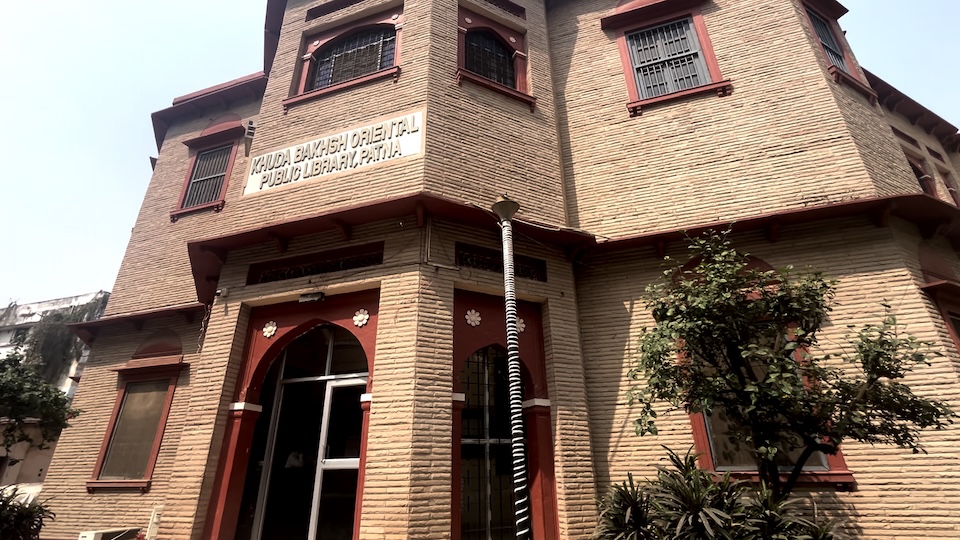JAKARTA: The Saudi Tourism Authority launched on Wednesday its first show exhibition in Indonesia to introduce the Kingdom’s cultural and adventure destinations to visitors from the world’s largest Muslim-majority country.
The tourism sector has been booming under Vision 2030, as the Kingdom positions itself as a dynamic, diverse, year-round tourism destination and market that will contribute 10 percent to the gross domestic product by 2030.
Welcomed with dates and qahwa — traditional Arabic coffee — Indonesians flocked the STA exhibition inaugurated by Saudi Hajj and Umrah Minister Tawfiq Al-Rabiah and Alhasan Aldabbagh, STA president for Asia-Pacific markets, at the Kota Kasablanka Mall in South Jakarta.
“Saudi and Indonesia are good countries that have enjoyed social and economic ties for many, many years, and we have been receiving and welcoming many Indonesian travelers who are going for Umrah and Hajj,” Aldabbagh told reporters.
“We want to attract even more Indonesians, not just to do Umrah but to explore other places … Indonesia is a special market for us because of this strong relationship.”
More than 1.5 million Indonesians visited the Kingdom in 2023, but as most of them traveled for Umrah and focused on pilgrimage sites, Saudi authorities are hoping that they will begin to also explore the country’s rich history and heritage.
Aldabbagh was expecting about 10,000 visitors daily at the Jakarta exhibition, which will run until May 5.
“We want people to learn about all the attractions that we have in Saudi … to come with their families and enjoy and discover,” he said, giving as examples Jeddah and AlUla.

Alhasan Aldabbagh, Saudi Tourism Authority president for Asia-Pacific markets, speaks to Jakarta, Indonesia, on May 1, 2024. (AN Photo)
A historical city on the eastern shore of the Red Sea, Jeddah from the 7th century has been a major port for Indian Ocean trade routes and also the gateway for Muslim pilgrims to Makkah.
Featured on the UNESCO World Heritage List, Jeddah has a distinctive architectural tradition, with influences from along the ancient trade routes.
AlUla, another UNESCO site, is an ancient desert oasis and one of the most significant cultural cradles in the Arabian Peninsula.
The ancient kingdoms flourished in the AlUla Valley between 800 and 100 B.C. and were followed by Hegra — Saudi Arabia’s first location registered on the World Heritage List — was a major city of the Nabataean civilization whose capital, Petra, was located in present-day Jordan.
The Saudi travel show in Jakarta has already drawn interest from prospective visitors, who said they are intrigued by the variety of destinations the Kingdom had to offer.
“This is good for us to gain more information because we’ve never had this before, this is rare. Usually, we’ll get information from travel agencies, but this is coming straight from the Saudi authorities,” said Yudi Prasetyo, a Jakarta resident.
Another visitor, Linda Wardani, was curious to explore the Kingdom’s ancient sites, which she has so far known only from social media channels.
“We are curious to see AlUla looking so wonderful,” she said. “We are even more curious about other destinations in Saudi Arabia because when it comes to Umrah, the destinations are commonly known, but aside from that, we’re seeing the growth of Saudi Arabia and there are other tourist sites to see.”
Halid Umar Bakadam, CEO of Dream Tour travel agency, has also observed a growing interest beyond Umrah. His company now offers extended tours, where visitors can go and see other destinations in the Kingdom.
“They are welcoming more tourists,” he said. “For the new destinations, there are quite many people showing interest.”




























